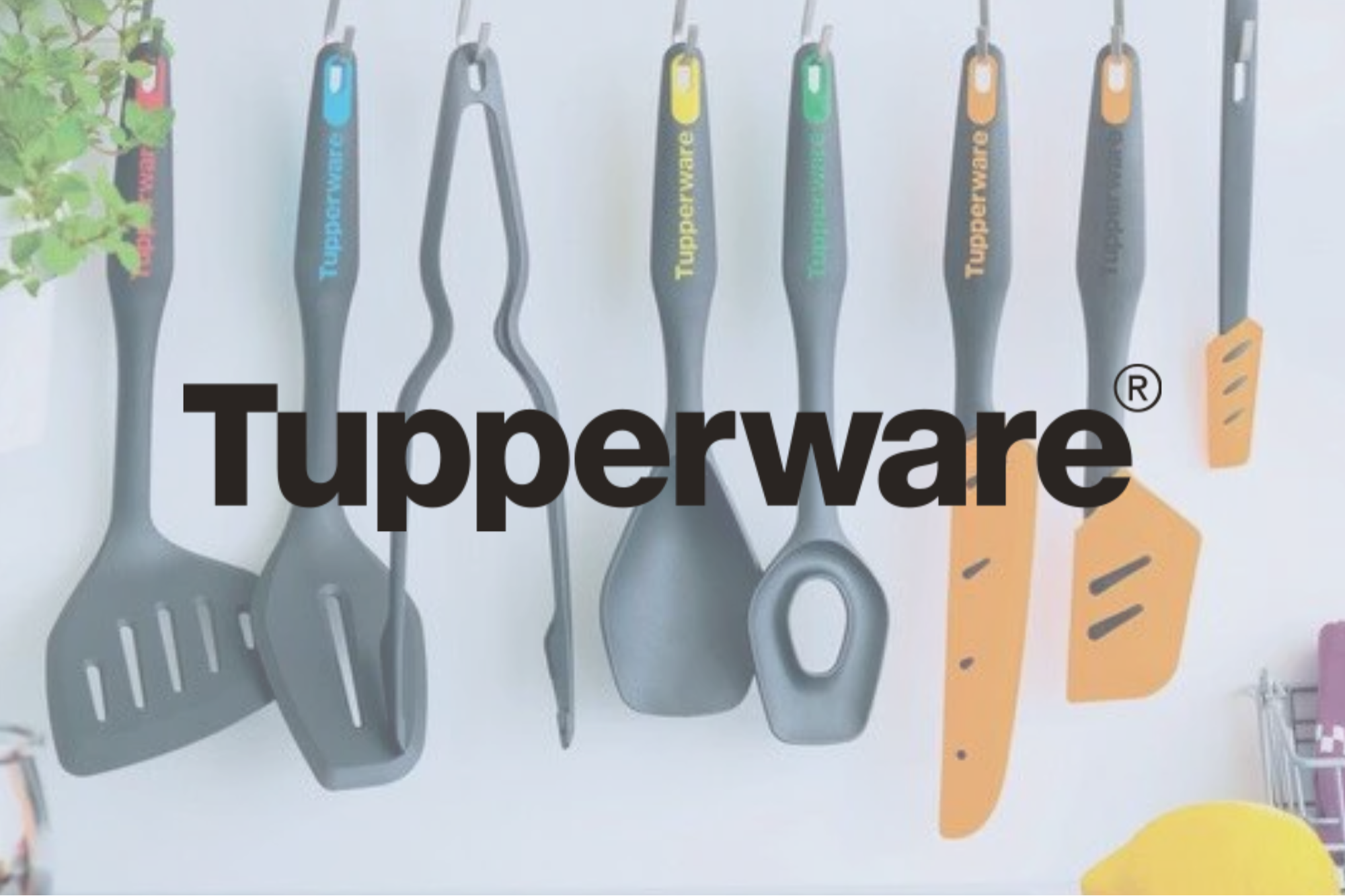3 Reasons Why Tupperware Party is Coming to an End Failing to evolve is seeing Tupperware join WeWorks and Body Shop on the list of 2024 bankruptcies
You're reading BIZ Experiences India, an international franchise of BIZ Experiences Media.

The US-based home product manufacturer Tupperware Brands and some subsidiaries filed for Chapter 11 bankruptcy protection on Wednesday.
"Nearly everyone now knows what Tupperware is, but fewer people know where to find it," Brian Fox, Chief Restructuring Officer, Tupperware wrote in the U.S. Bankruptcy Court for the District of Delaware.
The company has been trying to turn around its business for years after several quarters of falling sales. "Over the last several years, Tupperware's financial position was severely impacted by the challenging macroeconomic environment. As a result, we explored numerous strategic options and determined this is the best path forward. This process is meant to provide us with essential flexibility as we pursue strategic alternatives to support our transformation into a digital-first, technology-led company, better positioned to serve our stakeholders," said Laurie Ann Goldman, president and CEO, Tupperware. Goldman came on board as president, CEO and Director of the Board in 2023 to support the company's continued turnaround strategy and execution.
In 1946, Earl Tupper under Tupperware introduced plastic products and later became a staple in American homes for decades. Hosted by a Tupperware consultant, Tupperware Parties involved inviting friends and neighbours into their homes to showcase the product line.
The Orlando-headquartered firm's shares plummeted from USD 2.55 in December last year to USD 0.5099 on Monday. Here are three reasons which led to the downfall of the food container giant-
1. Inability to evolve
The 86-year-old parent company finally succumbed to the rising losses due to a lack of demand for its signature colourful food storage containers. Tupperware Brands, which traditionally relied on independent sales representatives to move its products, grappled to put more products in retail stores and online sales platforms.
Tupperware largely relied on 465,000 amateur vendors by 2022. However, changing digital dynamics began seeing shoppers increasingly buying similar and often cheaper products online. Customers preferred going directly to Amazon or Walmart, while environment-conscious buyers opted for similar containers made from more eco-friendly packaging.
2. The futile comeback
While redundant sales practices and failed evolving attempts led to the company posting a few quarters of falling sales, the final blow came with the Covid-19 crisis. It saw a brief boost in sales as Americans switched to home cooking during the pandemic. As the world returned to normalcy, Tupperware's attempts at recovery were crushed. It faced a sharp rise in labour, freight, and raw material costs—particularly for plastic resin.
3. Mounting debts
According to court filings, the company has an enormous debt of USD 812 million. This was largely purchased by distressed debt investors at a deep discount in July. According to filings, investors, including Stonehill and Alden, acquired the majority of the company's senior loans for as little as 3 cents on the dollar.
The USD eight million lent only gave the company USD six million in fresh funds due to terms that helped lenders, according to court records. Tupperware shared that the new lenders tried to use their debt position to seize the brand's assets, including its intellectual property, pressurising the company to seek bankruptcy protection.
In its filing with the US Bankruptcy Court for the District of Delaware, Tupperware listed assets of between USD 500 million and USD one billion and liabilities of between USD one billion and USD 10 billion. Tupperware listed the number of creditors to be between 50,001 and 100,000. The company, in 2023, finalised an agreement with its lenders to restructure its debt obligations and onboarded investment bank Moelis & Co to help explore strategic options.
Indian counterpart
While the parent firm is bearing the crisis, its Indian vertical is not showing signs of slowing down. Tupperware, which completed 28 years in India, has been on an aggressive expansion spree and has also widened its product range. It also forayed into the steel and glass products in the local market. "It's business as usual here and India may not be affected by the global restructuring,'' reported Times of India. The confidence possibly stems from the local manufacturing of the products, providing some stability amid the global disruption.
A company distributor shared that the business reported a huge increase in the last two weeks of the festive season last year.
Tupperware joins WeWorks and Body Shop on the list of 2024 bankruptcies.












